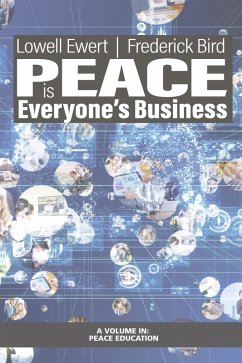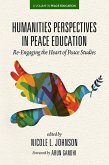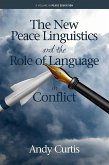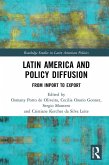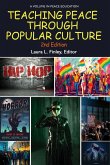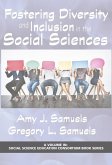The premise of this book is very simple. While acknowledging that much progress has been made since the end of World War II to improve life conditions for billions of people and reduce the likelihood of war, current global challenges threaten to undermine, undo, or even reverse much of the progress made. Growing political and social polarization, and the resultant increasing fear of each other, is on a trajectory that could cause unprecedented harm. The book illustrates how everyone can have an impact on peace and that many already do so in both constructive and negative ways, illustrated by many examples. The book offers an expansive view of peace, which includes promoting human rights, identifying and resolving situations of slow violence, working to promote fair and sustainable economic development, identifying and resolving injustices, and establishing institutions and practices for resolving conflicts by communicative means. The book especially focuses on the role universities can and should play in promoting peace. Universities, which have played a pivotal role in creating a more humane and just world through their research, teaching and scholarship, now face the challenge of thoughtfully examining how each discipline and vocation and the university as a whole can contribute to fostering peace. In general, universities help to prepare students actively to work for peace by cultivating their capacities at reasoning and reflecting, developing their skills in communicating and research, and fostering among them an active awareness of their responsibilities as citizens of the world. While not every discipline or vocation shares the same level of responsibility to advance peace, all have the potential to do so as they intentionally and thoughtfully look for avenues to do so.
Dieser Download kann aus rechtlichen Gründen nur mit Rechnungsadresse in A, B, BG, CY, CZ, D, DK, EW, E, FIN, F, GR, HR, H, IRL, I, LT, L, LR, M, NL, PL, P, R, S, SLO, SK ausgeliefert werden.
Hinweis: Dieser Artikel kann nur an eine deutsche Lieferadresse ausgeliefert werden.

